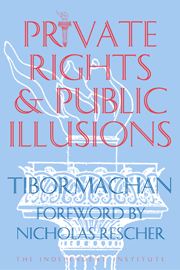A recent report in The New York Times tells how in Ghana many preteen girls are subjected to slavery, supposedly to atone for their parents’ or other family members’ sins.
What usually happens is that a priest keeps a girl as a sexual servant until she no longer satisfies him, after which the family has to replace her with a new virgin—on and on until the atonement is completed.
A Ghanaian priest, cited as defending the practice, says that “the practice stems from a worldview that sees justice and punishment in communal rather than individual terms; an individual who has no connection to a crime may be punished to spare others.”
Some Western intellectuals claim there is no way to judge such practices because each community sets its own standards for justice. These intellectuals view reform efforts as “corrosive” individualist imperialism.
By this reasoning, the forced female circumcision in Africa, the censoring of objectionable literature in some Muslim cultures, and the killing of unwanted wives in India are okay, too.
Individualists counter that there are basic human rights which must be protected. Any form of slavery is a violation of justice. The common good is secured when individual rights are secured. Organizations like Amnesty International and Human Rights Watch are properly invoking universal principles.
Many widely published communitarians claim justice is a matter of balancing individual rights and the common good, while expressing horror at the Ghanaian practice. Yet it is difficult to see how a communitarian could object. After all, if “the community” has accepted a practice, what could be wrong with it?
Communitarians say that everyone ought to respect the different traditions of varied human communities around the globe. But if there are no basic principles that apply to all, why should we respect everything a community might do?
Of course, there aren’t any easy remedies for victims of human rights violations around the world. Barging into a society with zealous enthusiasm for reform has seldom done much good. Education and the art of diplomacy are important when it comes to changing bad community practices.
But we must be clear that violating human rights is wrong wherever it happens.








